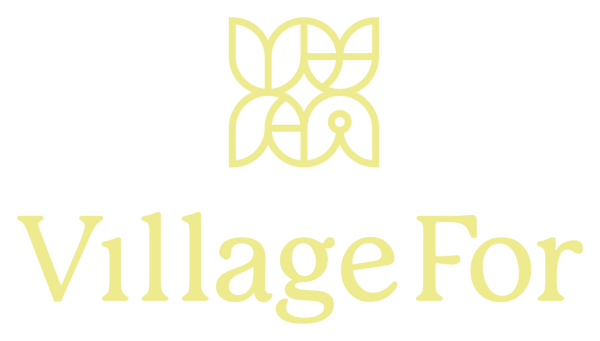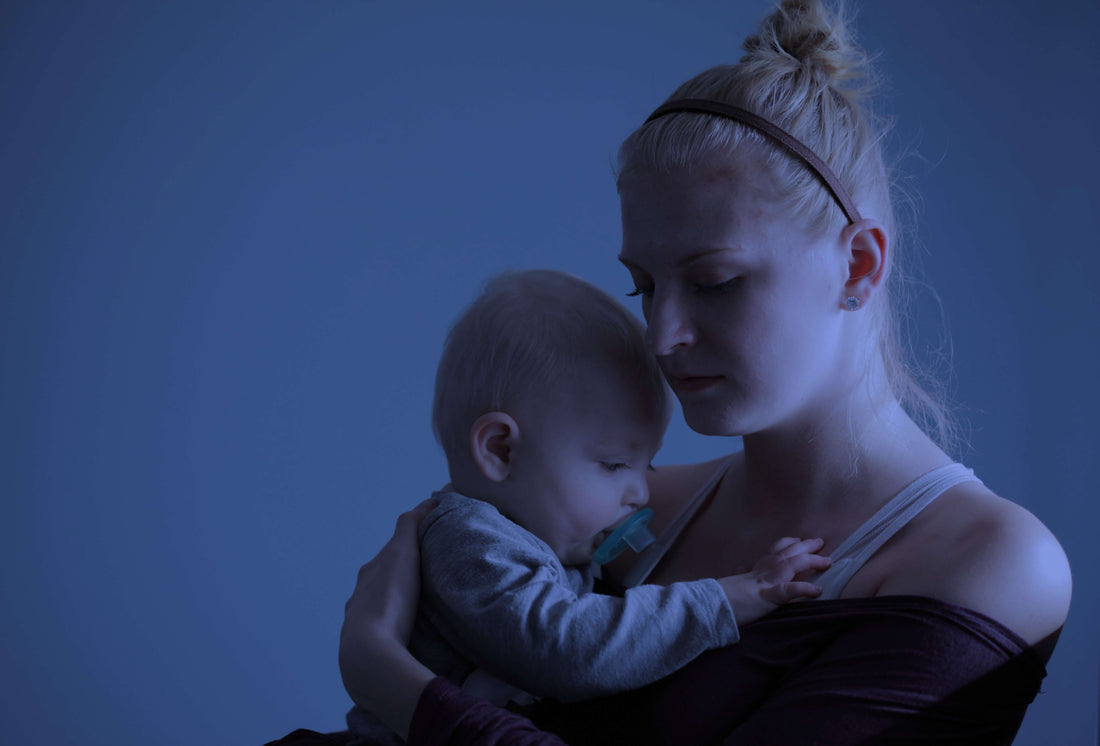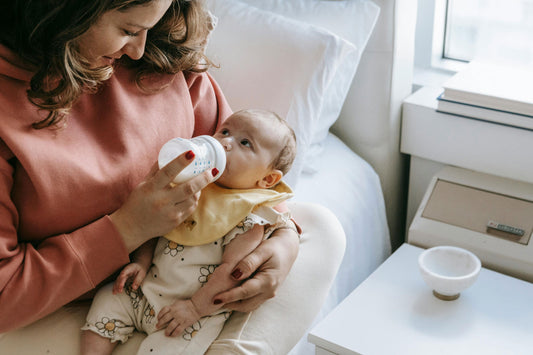Understanding Postpartum Mood Disorders: Signs, Stats, and Support
The postpartum period is often portrayed as a time of joy and bonding, but for many new moms, it can bring unexpected struggles with mood and mental health. Postpartum mood disorders encompass a range of emotional and psychological conditions that can deeply affect mothers, their families, and their babies. In this blog, we’ll dive into what these disorders are, how common they are, and the signs to look out for.
What Are Postpartum Mood Disorders?
Postpartum mood disorders encompass several conditions, including:
- Baby Blues: Affects 50-80% of new moms and typically lasts for a few days to two weeks. Symptoms include mood swings, crying spells, and mild irritability. While common, it usually resolves without medical intervention.
- Postpartum Depression (PPD): Affects about 1 in 8 new mothers (12.5%) in the U.S., according to the CDC. Unlike baby blues, PPD involves more severe symptoms that persist for weeks or months and interfere with daily functioning.
- Postpartum Anxiety: Often co-occurs with PPD and includes excessive worry, intrusive thoughts, and physical symptoms like a racing heart.
- Postpartum Psychosis: A rare but serious condition affecting 1-2 out of every 1,000 births. Symptoms include hallucinations, delusions, and confusion, requiring immediate medical attention.
- Peripartum Depression: Covers depression occurring during pregnancy and the postpartum period, affecting up to 15% of women according to the American Psychiatric Association.
Statistics That Highlight the Impact
- The leading complication of childbirth is maternal mental health disorders, yet only about 50% of those affected are diagnosed and treated.
- PPD impacts about 600,000 women annually in the U.S.
- 80% of women with a history of depression will experience a recurrence during the perinatal period if untreated.
These numbers underscore the importance of awareness and early intervention.
Signs to Look For
Recognizing the symptoms of postpartum mood disorders is crucial for timely support. Here are key signs:
Postpartum Depression:
- Persistent feelings of sadness, hopelessness, or emptiness
- Loss of interest in activities you once enjoyed
- Difficulty bonding with your baby
- Changes in sleep or appetite
- Fatigue or lack of energy
- Thoughts of harming yourself or your baby (seek immediate help)
Postpartum Anxiety:
- Overwhelming worry that doesn’t go away
- Intrusive thoughts or fears about harm coming to your baby
- Restlessness or inability to relax
- Physical symptoms such as dizziness or nausea
Postpartum Psychosis:
- Severe confusion or paranoia
- Delusions or hallucinations
- Impulsive or dangerous behaviors
- Feeling detached from reality
If you or someone you know experiences these symptoms, especially thoughts of self-harm or harm to the baby, seek immediate medical help.
Breaking the Stigma
Despite the prevalence of postpartum mood disorders, stigma often prevents mothers from seeking help. Many feel ashamed or fear judgment, believing they should be able to "power through." However, these are medical conditions—not a reflection of character or capability. Treatment, including therapy, support groups, and sometimes medication, can make a life-changing difference.
Finding Support
If you suspect you or a loved one is struggling, reach out to trusted resources like:
- Postpartum Support International (PSI): Offers a helpline and local support groups.
- Your healthcare provider: Don’t hesitate to discuss symptoms during postpartum checkups.
- Emergency help: For crisis situations, call 911 or a crisis hotline in your area.
You’re Not Alone
Postpartum mood disorders are more common than many realize, and they don’t define your ability to be a good mother. By understanding the signs, seeking help early, and supporting others, we can collectively create a culture where maternal mental health is prioritized and protected.
For more resources, visit VillageFor, where we’re dedicated to supporting moms through the challenges of postpartum. Together, we can build a healthier, more compassionate future for families.




